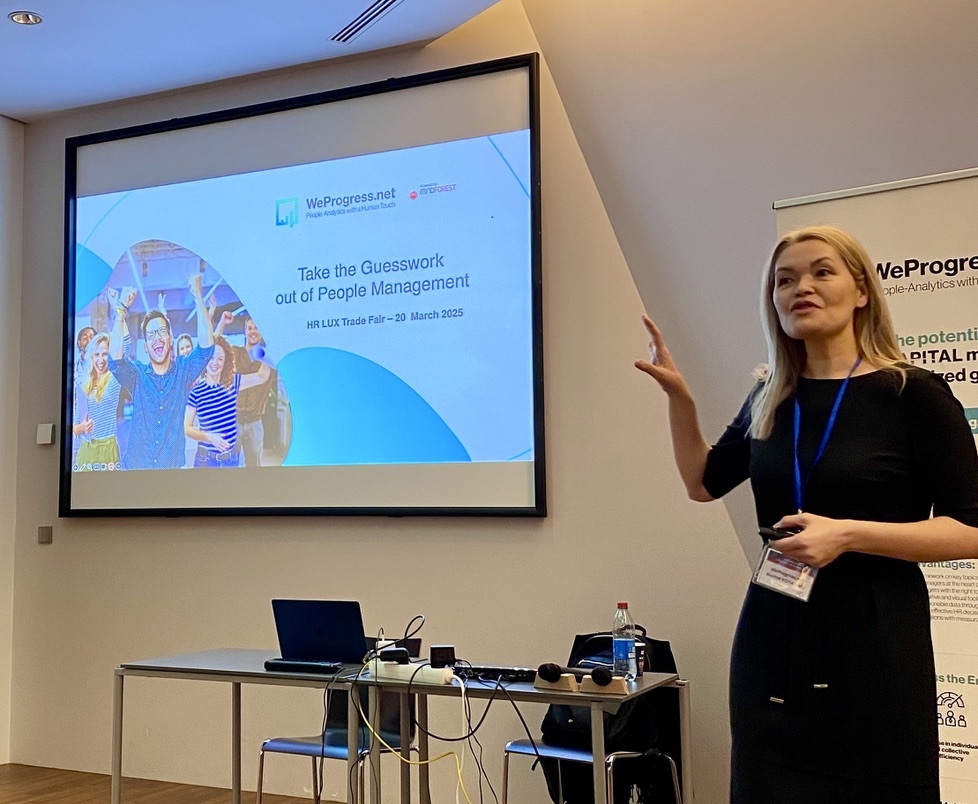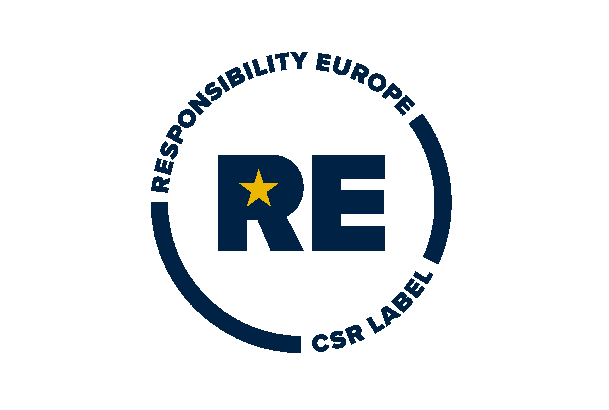Which managerial skills are required to survive crises?
The danger of ignorance
When analysing our various change management assignments, one thing becomes clear: in most cases, companies only see the need to change in a crisis situation and only react concretely when such an event has already emerged. This late awareness inevitably leads to a reaction that is carried out in an emergency mode. Could this mode of operation be avoided? For Professor Christophe Roux-Dufort[1],
“a crisis is the ultimate point of arrival necessary for an organisation to become aware that its performance model has come to an end”
Christophe Roux-Dufort
Thus, companies often do not realise until very late that their performance model has become inappropriate. This is generally the result of the accumulation of several factors: vulnerability, dysfunctions and managerial ignorance, i.e. the inability to assess the situation correctly, all of which combine to form the breeding ground for a crisis.
Managerial ignorance can be defined in four stages that lead to a crisis: inattention, delusion, denial and closure.
Closure is a defensive form of behaviour which consists in affirming that the company’s action remains the best. The company does not face the reality of the situation.
From this perspective, the essential question concerns which skills should be developed to prevent and limit the phenomena of ignorance in the company and therefore, in fine, which organisational and managerial skills are required to survive and overcome crises?
The necessary organisational competences to survive a crisis
As briefly touched on, crisis management often limits itself to the analysis of an exceptional situation, whereas it should much rather be viewed as a process of incubation starting long before the triggering event. Crisis is the opportunity to review organisational purpose and to transform internal behaviours and beliefs towards a future of change[2].
An analysis of highly trusted companies (nuclear power plants, aviation, etc.) highlights those organisational skills which any company wishing to develop in a sustainable manner should adopt: listening, the ability to protect oneself and the ability to change.
Listening
The ability to protect oneself
The ability to change
These organisational competencies are required to survive crises and can only be developed under certain conditions, including a culture of change and learning. A shift in leadership is required and should be based on emotional intelligence, including the four aspects of self-awareness and -control, as well as social awareness and relationship management. These elements can help any leader and the entire organisation to ace the crisis whilst maintaining lower levels of stress, less emotional reactivity, and fewer unintended consequences[3]. By reducing the overwhelming factor, the crisis can suddenly be turned into a surge of meaning and innovation[4].
As Albert Einstein once observed:
“In the midst of every crisis, lies great opportunity”
Albert Einstein
Let us help you!
WANT TO RECEIVE OUR LATEST THOUGHT LEADERSHIP CONTENT?
Related posts
 Take the Guesswork out of People Management
Take the Guesswork out of People Management
 From processes to people: achieving quality
From processes to people: achieving quality
 Daring to lead Positive Transformation: What if Positive Emotional Capital was your key to sustainable change?
Daring to lead Positive Transformation: What if Positive Emotional Capital was your key to sustainable change?
 Why hire Change management professionals? We can do it alone!
Why hire Change management professionals? We can do it alone!
 Digital Transformation and Change Management: Lessons shared in an event hosted by Cebi and MindForest
Digital Transformation and Change Management: Lessons shared in an event hosted by Cebi and MindForest



